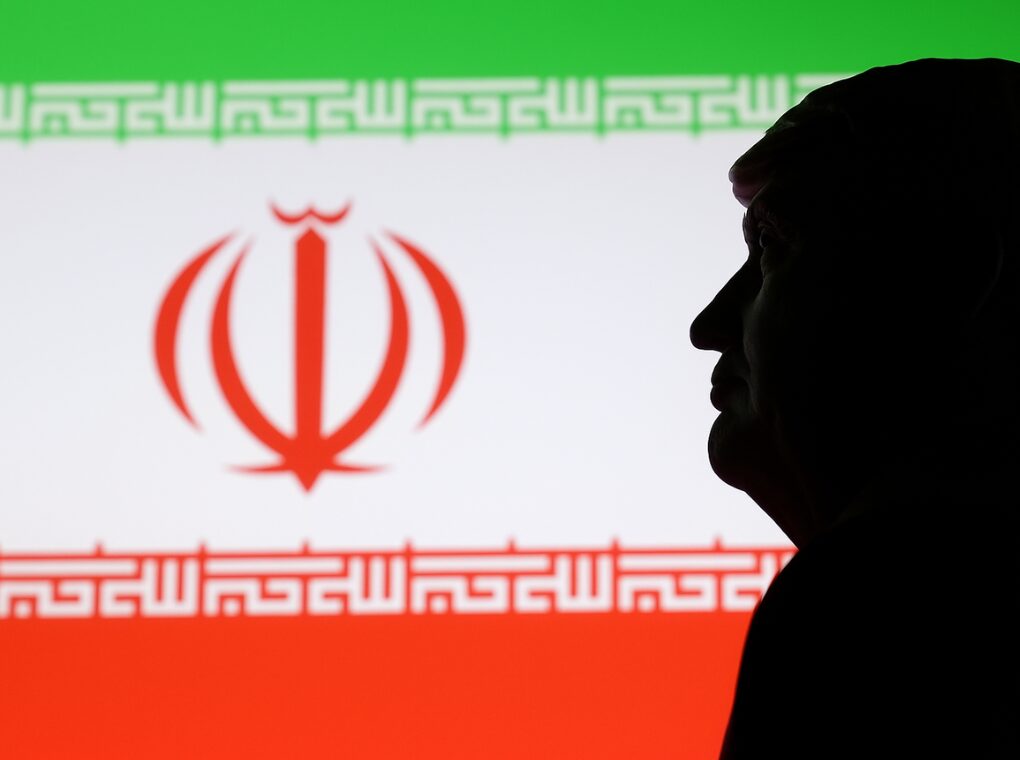Amid mounting tensions in the Middle East, Iran has reportedly agreed to U.S. President Donald Trump’s offer to hold direct talks, according to The New York Times, citing a senior Iranian official. The potential breakthrough comes as U.S. military preparations against Iran advance, and Israeli airstrikes intensify against Iranian targets, raising global concerns of a wider regional conflict.
Iran Ready for Diplomatic Talks
Iranian Foreign Minister Abbas Araghchi is reportedly open to meeting with U.S. officials to discuss a ceasefire with Israel, the Times reported on Wednesday. The initiative was revealed amid rapidly shifting diplomatic and military dynamics involving the United States, Israel, and Iran.
“The Foreign Minister would accept such a meeting to discuss halting hostilities with Israel,” the unnamed Iranian official told The New York Times, signaling a potential opening in what has otherwise been a fraught standoff.
Trump: “They Want to Come to the White House”
Speaking to the press on Wednesday, President Trump confirmed Iran’s willingness to talk, stating, “They want to come to the White House. So, we’ll see, I may do that.”
Trump expressed frustration that earlier negotiations—reportedly lasting over 60 days—had failed, saying, “They should have made that deal. Now they want to meet. It’s a little late to meet.”
The President emphasized his longstanding stance against Iran’s nuclear ambitions: “I’ve been saying for 20 years that Iran cannot have a nuclear weapon, and I think they were a few weeks away from having one.”
Trump added that Vice President JD Vance or U.S. Middle East Envoy Steve Witkoff might be sent for preliminary meetings, if appropriate conditions are met.
Military Action Still on the Table
While diplomacy appears to be gaining traction, multiple reports suggest that military options remain under serious consideration. The Wall Street Journal reported that Trump has already approved attack plans targeting Iranian infrastructure, including nuclear facilities, but has delayed a final order in hopes of a diplomatic solution.
According to senior White House sources, Defense Secretary Pete Hegseth and Joint Chiefs of Staff Chairman Gen. Dan Caine attended a closed-door meeting following testimony on Capitol Hill. The meeting reportedly reviewed various strike scenarios, while reiterating Trump’s preference for a negotiated resolution—at least for now.
Escalation in the Region: Israeli Strikes Intensify
At the same time, Israeli Defense Forces (IDF) have escalated their military campaign against Iranian targets, launching new waves of airstrikes on Tehran and other strategic sites, including the Fordow nuclear facility. Several top Iranian military officials are reported to have been killed, and explosions were heard throughout the Iranian capital Tuesday night.
According to CBS News, the Trump administration is considering whether to formally join Israel’s military operations. The discussions are reportedly causing divisions within Trump’s senior advisory team.
A Shifting Diplomatic Landscape
The apparent readiness of Iran to open talks comes against the backdrop of the country’s ongoing struggle under economic sanctions and growing domestic pressure following the Israeli bombardments. While Iran’s public posture toward the U.S. has remained combative, the latest reports suggest Tehran may now be calculating that talks are in its best strategic interest.
In Washington, reaction to the news has been mixed. Some Republican lawmakers applauded the potential talks as a win for Trump’s “maximum pressure” campaign, while Democrats warned that any diplomacy must be grounded in robust verification mechanisms to prevent Iran from pursuing nuclear capabilities.
Analysts: Moment of Uncertainty or Opportunity
Middle East analysts caution that despite Iran’s stated willingness to meet, the road ahead remains volatile. “This is a pivotal moment,” said Dr. Leila Farhadi, a geopolitical analyst with the Council on Foreign Relations. “If handled carefully, it could de-escalate one of the most dangerous flashpoints in the world today. But if either side miscalculates, the region could spiral into full-scale war.”
As the world watches closely, both hope and peril hang in the balance. The possibility of direct U.S.-Iran talks, even amid escalating hostilities, marks a significant moment in global diplomacy. Whether it leads to peace or war depends on decisions being made in Washington, Tehran, and Jerusalem in the coming days.
